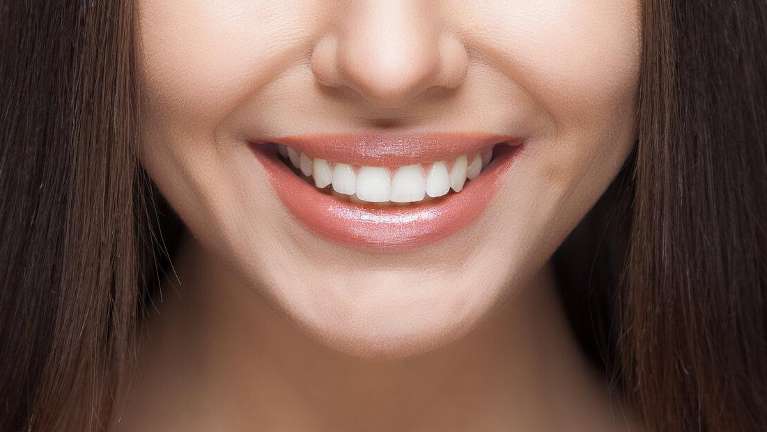
For patients for whom dental procedures inspire anxiety or fear, sedation dentistry offers a pathway to comfortable and stress-free oral health. Sedation dentistry employs a variety of sedatives and sedation methods to ensure patients a relaxed and pain-free experience.
Today, we’re exploring the world of sedation dentistry, including the different types of sedation dentistry, their applications, suitability, and post-sedation care.
Types of Sedation Dentistry and Their Uses
Different types of sedation cater to varying levels of anxiety and the complexity of procedures. Here are some of the most commonly employed forms of sedation:
- Nitrous Oxide (or “laughing gas”) – Administered through a mask, nitrous oxide induces a light, calming effect. Nitrous oxide is generally used to help patients remain at ease during non-invasive procedures and treatments like fillings, cleanings, or dental exams.
- Oral Sedation – In the form of prescribed medication, oral sedation induces a deeper level of relaxation during more complex and invasive procedures like extractions or root canals.
- IV Sedation – Administered intravenously, IV sedation provides a high level of relaxation and often partial or full memory loss of the procedure. IV sedation is used for complex procedures like wisdom tooth extractions or invasive dental surgery.
Is Anyone Eligible for Sedation Dentistry?
Sedation dentistry is generally safe for most patients. However, eligibility must be assessed based on a dentist’s evaluation of factors like age, overall health, and medical history. Children and older adults can also receive sedation under specific circumstances.
If you're considering sedation, consult your dentist to determine your suitability and the most appropriate type of sedation for your individual needs.
Post-Sedation Recovery
After a sedation procedure, it's crucial to have a responsible adult accompany you home. Recovery times vary depending on the type of sedation used, but most patients may feel drowsy or disoriented for a few hours. Resting, avoiding alcohol, and refraining from making important decisions during this time is advised. Following your dentist's post-sedation guidelines ensures a safe and comfortable recovery.
Combating Dental Anxiety With Sedation Dentistry in Anderson, NC
If you’re in the Anderson area and want to know more about how sedation dentistry alleviates dental anxiety, contact dentist Dr. Patrick Carter and the team at Hopewell Family Dentistry to schedule a consultation!